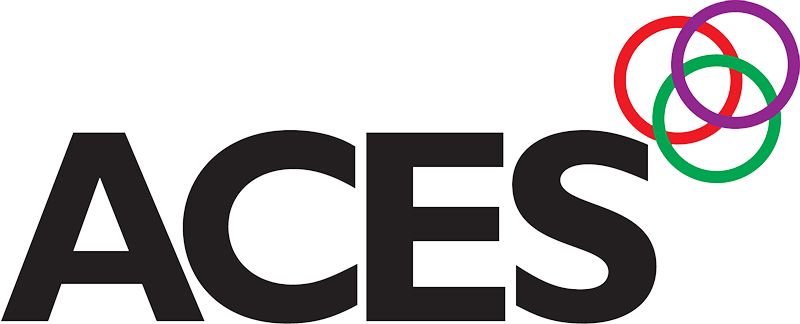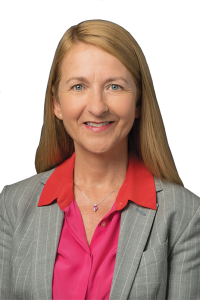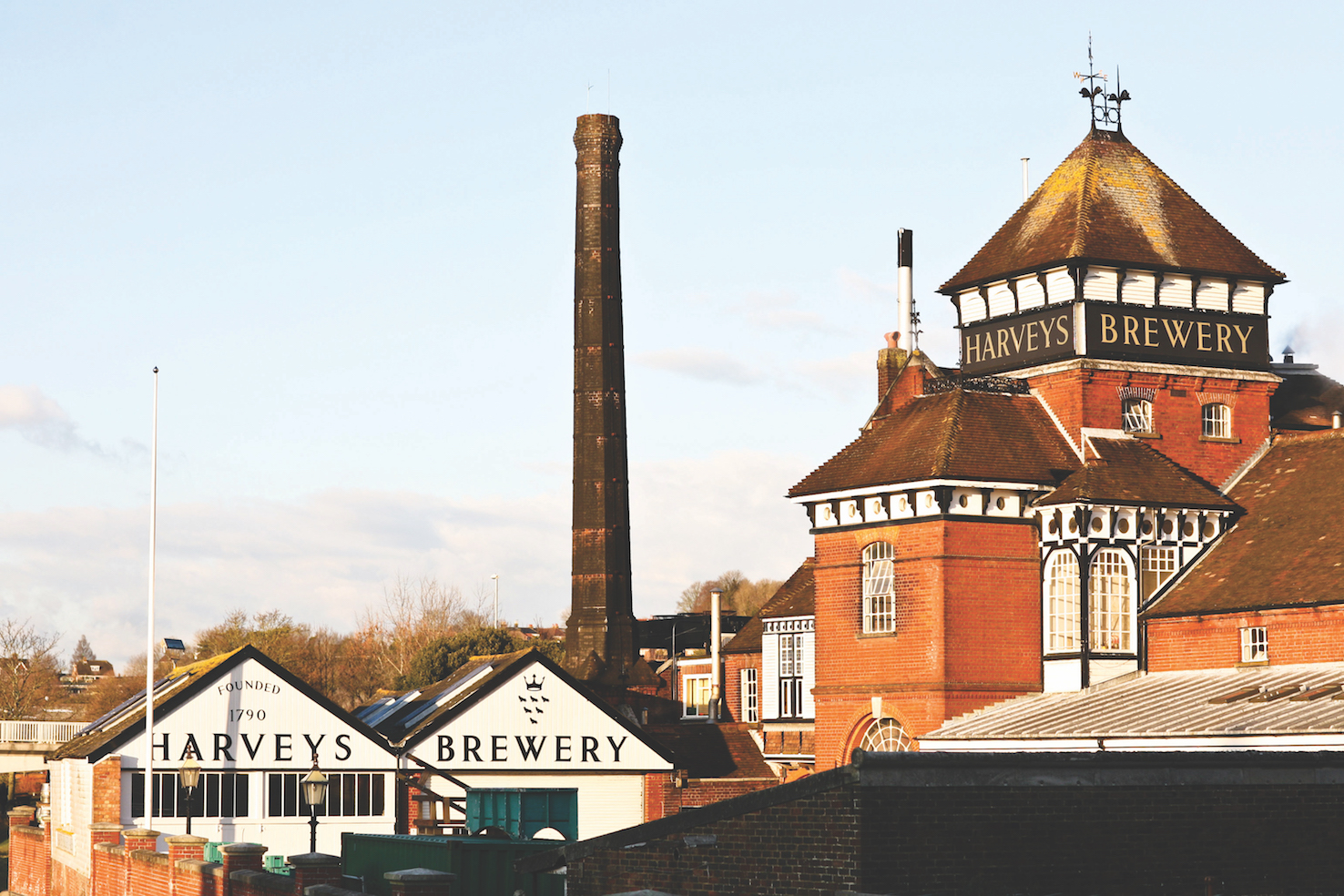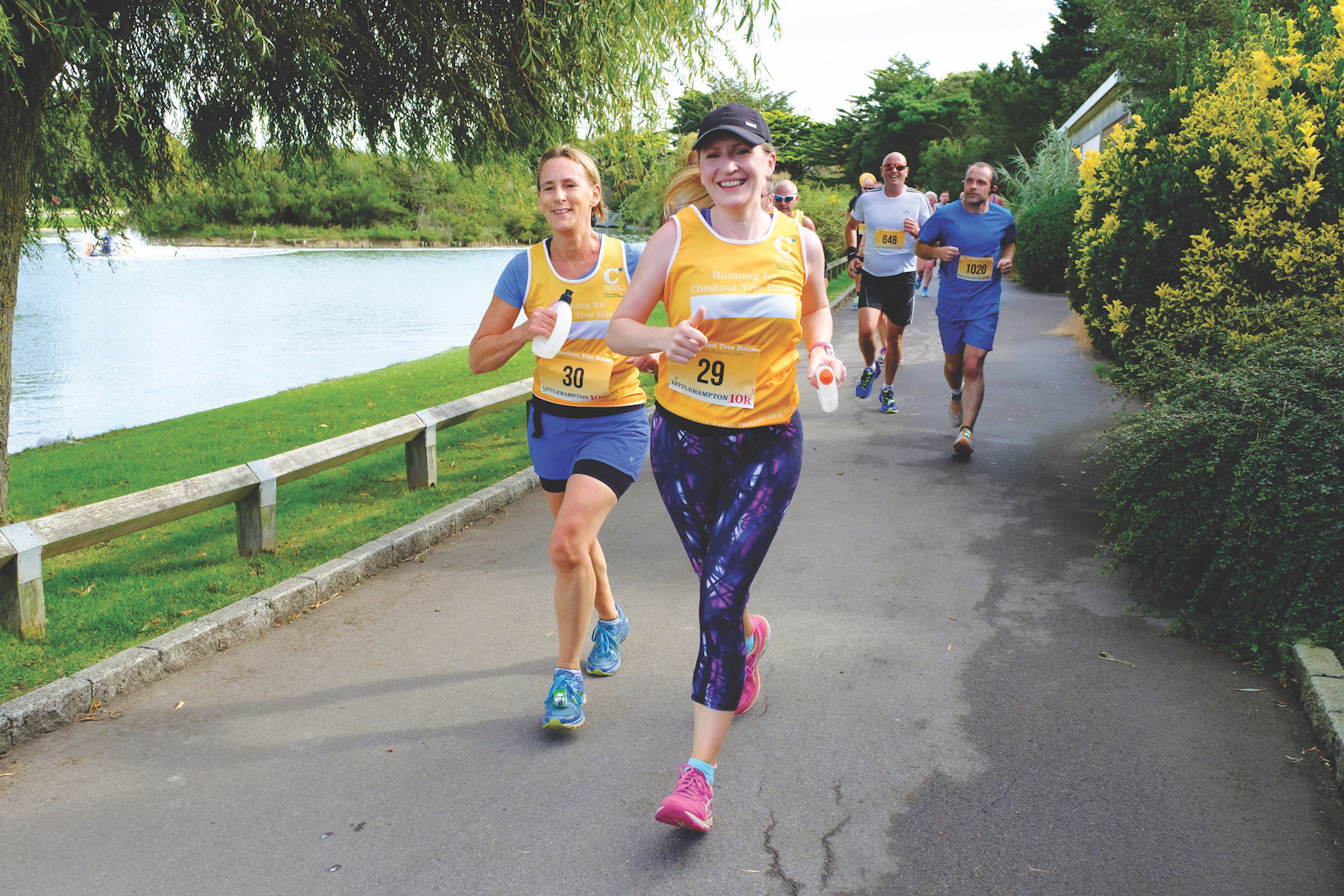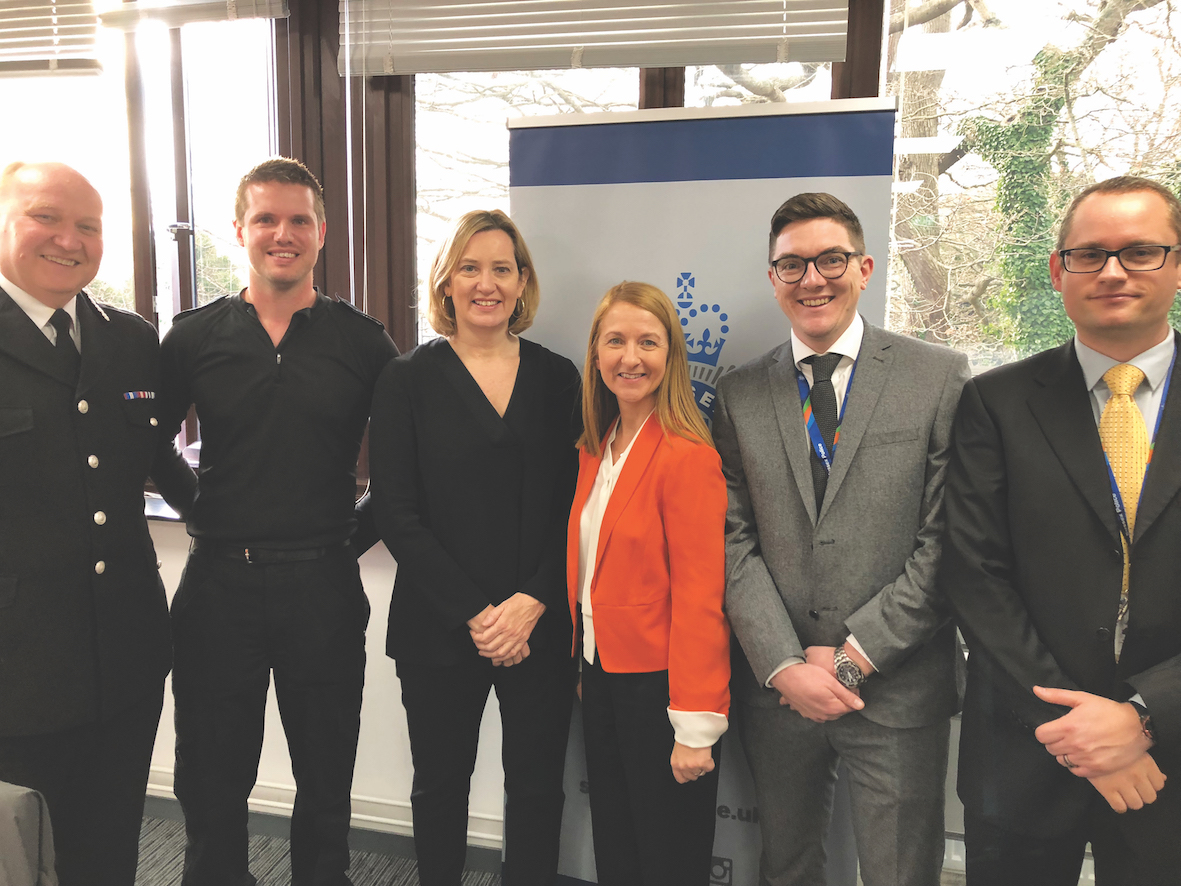
The Home Office estimates that there are 13,000 modern slaves living in the UK but the true number is more likely to be in the tens of thousands. UK police recorded 2,255 modern slavery crimes in 2016-17, a rise of 159% on the same period the previous year and figures in Sussex show a similar picture. There were 51 reported crimes of modern slavery in Sussex between 1st October 2016 to 30th September 2017 – a 155% increase on the previous year.
It’s clear that this problem goes beyond county boundaries, which is why I invited the Police and Crime Commissioners in Hampshire, Surrey and Thames Valley to join me and host a ground-breaking regional conference on tackling modern slavery and human trafficking last summer.
Slavery is happening right here, today, and it’s only by working together that we can build a clearer picture of the scale of the problem and find better ways to tackle it - and protect vulnerable people who have fallen victim.
In January I brought together key players in the business and commerce sector across Sussex to explore how these ‘hidden crimes’ are affecting our communities and how, as a collective, we can tackle them.
Over 20 delegates attended this engagement event, representing the Federation of Small Businesses, local Chambers of Commerce, and Brighton & Hove Business Crime Reduction Partnership, among others, with a combined network of over 100,000 members.
Sara Clancy, Ethical Adviser to The Body Shop spoke about how businesses can identify if they are at risk of modern slavery and the measures they can take to mitigate this: “Currently modern slavery is on the increase and we have learnt that it is only through working in partnership with others that we can eradicate modern slavery in the UK and across the world. I really appreciated the insight gained at the meeting and the commitment by all parties to work together to eradicate slavery in Sussex and provide safe spaces for victims of modern slavery.”
STOP THE TRAFFIK has spent 14 years seeking to raise levels of understanding of modern slavery and human trafficking and how to spot it in our communities. Director, Neil Giles, has applauded our efforts to tackle slavery in Sussex. In Hastings and Rother, we have supported their appointment of a Community Co-ordinator and I have also funded a new post - Sussex Police’s first Anti-Modern Slavery Delivery Manager. This role will be dedicated to working with partners to better understand the complexities and scale of modern slavery and human trafficking across Sussex, and provide the right level of interventions and support to the victims of this emerging crime.
However, policing alone cannot stop slavery. It needs every aspect of civil society, communicating effectively and sharing what each knows with one another, and with the community at large, that helps make us all more resilient. There is a long way to go but I am confident that together, we can stop the traffic.
For information on national reporting and support helplines, please visit:
www.gov.uk/government/publications/how-to-report-modern-slavery/how-to-report-modern-slavery

